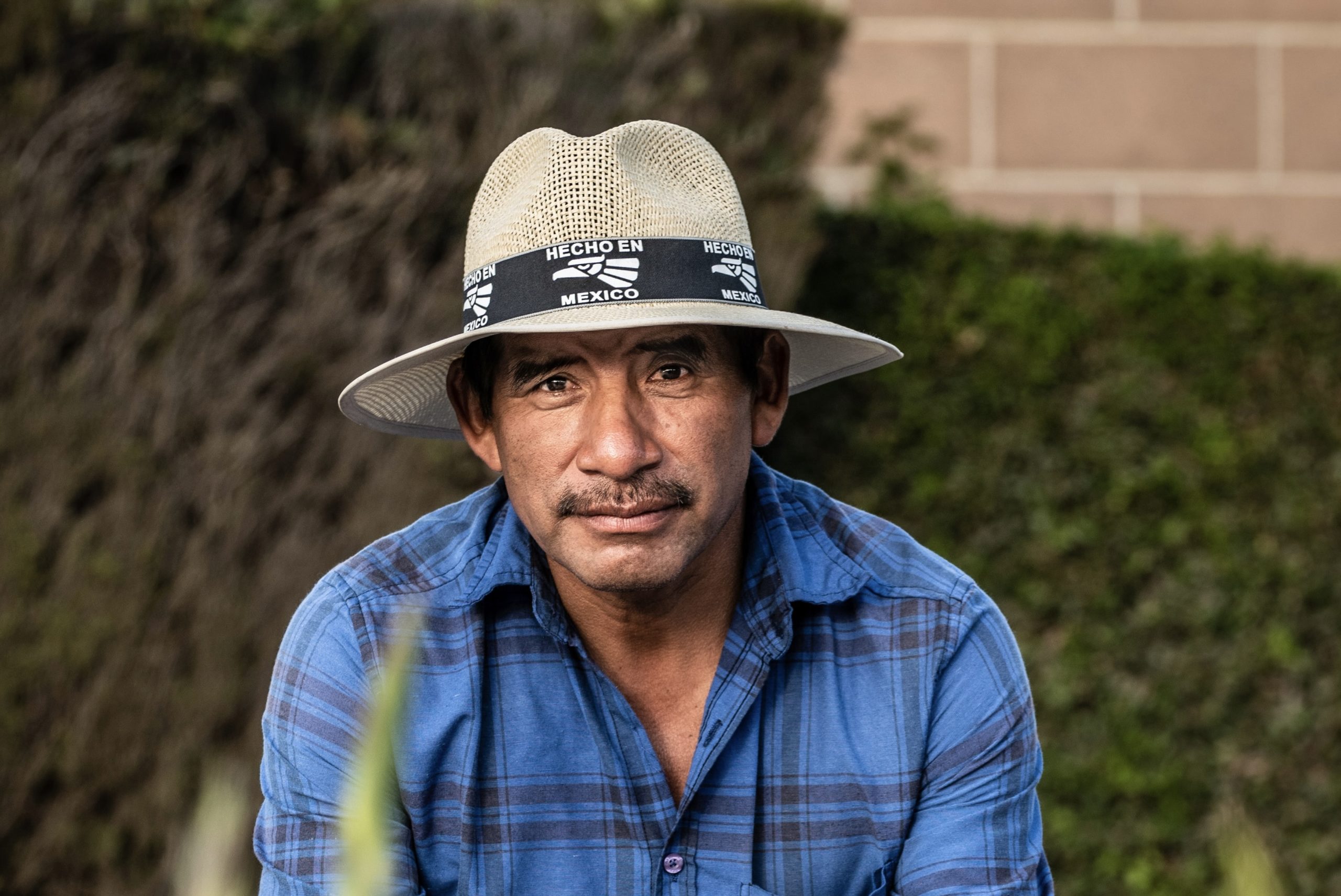Jonathan Haidt, in his article “Why Universities Must Choose One Telos: Truth or Social Justice,” observes that the University is undergoing a crisis of identity. For the past 200 years or so, the lodestar of higher education has been some variation on Lux et Veritas. The aspiration of the University was truth; knowledge as its own reward. My generation has seen the old consensus give way to a new telos, that of social justice. Recognizing that both are noble ends, Haidt does not come down explicitly in favor of one or the other. He does, however, wish to disabuse us of the belief that the University can pursue both at the same time. He admonishes universities to make a choice, therefore, and to make it explicit. He further asks students to raise the question among themselves: what do we want from our universities?
As a student, I would like to offer my case for Truth U.
At Social Justice U, knowledge cannot avoid becoming instrumentalized. Useful knowledge, the kind of knowledge that comes in handy in the political trenches, monopolizes the attention of students and faculty, and this is of both ontological and practical concern.
The education one receives at a school motivated by social justice must be grammatically distinguished from the liberal education. As John Henry Newman writes in his fifth Discourse, “that alone is liberal knowledge, which stands on its own pretensions, which is independent of sequel, expects no complement, refuses to be informed by an end.” An education that begins upstream from practical considerations and politics is the ideal sought at Truth U.
Many will accuse such an institution of neglecting the world and its woes. But we forget the teaching of Cicero: that we overcome the cares of the world only so that we will be free to enjoy the intellectual life, which finally “pertains most of all to human nature.” “Of possessions,” says Aristotle, “those rather are useful, which bear fruit; those liberal, which tend to enjoyment. By fruitful, I mean, which yield revenue; by enjoyable, where nothing accrues of consequence beyond the using.”
For me the choice is not really between truth and social justice. Rather, if you share my presumption that all human beings—all possessors of the faculty of reason—are the kinds of creatures for whom truth will serve as its own reward, then the ends of social justice, in their most pure and noble form, are best served when the University orients itself towards Athena’s light rather than the red glow of Ares’ fury.
If we agree with Cicero in his belief that the highest mental excellence is the pursuit of truth for its own sake, then we only mistake ends for means when we deny Veritas in the name of social justice. Social justice is about ensuring that all have access to the best things of human life. But, Social Justice U denies all one of the very best things: the pursuit of truth as an end unto itself. At Truth U, by contrast, everyone is given the opportunity to pursue human excellence and the truth that all men share equally in the highest of human faculties is given expression and audience. The University treated as a forum for the celebration of this solidarity will be of greater use to the aspirations of the social justice movement—liberty, equality, and opportunity—than any instrumental philosophy that divides man into categories.
Such a place can remind us that what is most important about our humanity is shared. By actively participating with one another in the pursuit of truth, furthermore, we can do more than just tolerate one another: we can share in the bonds of true community. The good of one man is not to be antithetical to the good of another at Truth U. All hearts are restless.
There is a pragmatic side to this argument as well. If our Universities become only a forum for the arming and venting of sophomoric indignation, a vital function in society will have been lost: just that space in which we are encouraged to pause and reflect on whether or not we have found ourselves on the right side of the battle-lines, or whether the battle is one that should be had at all. The University is an opportunity for some desperately needed work, a place where nascent ideologies can be broken down and matured. Only once they are exposed to concepts like the Good and the Just can ira (anger) be transformed into bona ira (good anger).
But this kind of exposure cannot occur in an environment already saturated by an orthodoxy of right and wrong. Education, Aristotle teaches, is just that activity whereby youth is taught to distinguish what is praiseworthy from what is worthy of blame. But virtues are acquired by practice. One cannot become a man as long as culture is making these distinctions for him.


